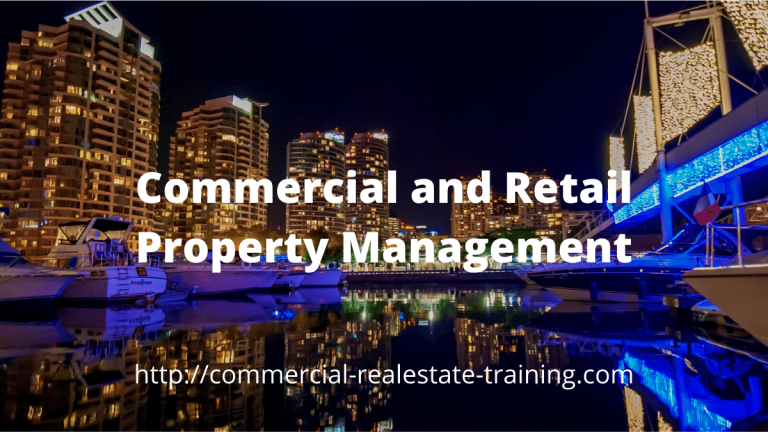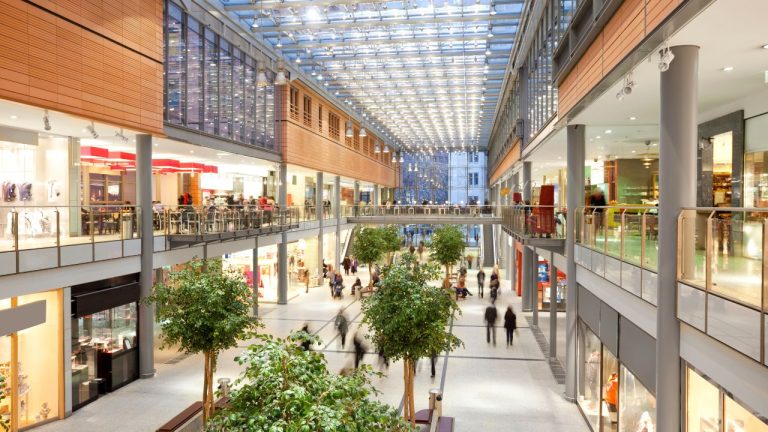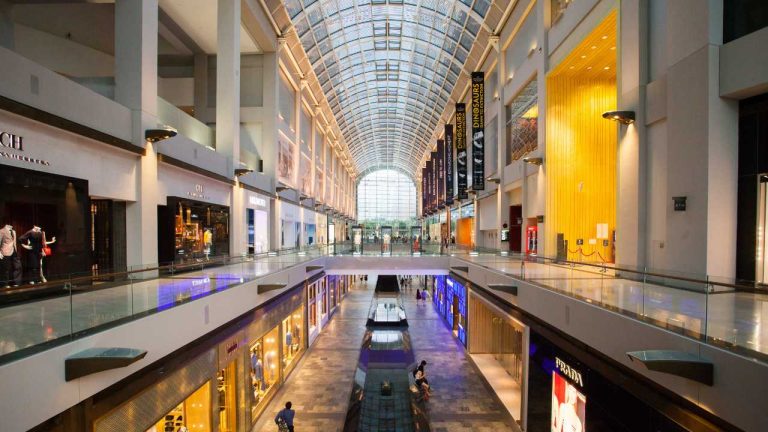Commercial Property Managers – The Real Advantages of Budgeting Property Operating Costs
In commercial and retail property management the maintenance control and budgeting process is quite specific. A budget is struck for the building and the contractors are chosen to work within that budget. It is then the job of the property manager to ensure that costs are maintained inside that budget.
The budgeting process is quite special and unique. Any errors can lead to frustrations with property cash flow and net income. That is something to be avoided by each and every property manager.
During the year there can be all types of pressures on expenditure in any large building. For example:
- Controlled expenses – These are the items that fall into daily maintenance routines and preventative plant and machinery maintenance.
- Uncontrolled expenses – These costs are largely statutory and will have to be paid by a nominated date. Council rates and other property related charges to rating bodies will form part of this category.
- Capital expenditure – These items of expenditure are not of a repair and maintenance nature. They are largely applicable to the replacement of machinery and plant (for example air conditioning, lifts, security, fire prevention systems, building automation systems (BAS), and building lighting.
- Sinking funds – In most cases sinking funds are created to plan and undertake large items of repair at selected times in the future. A good example would be the painting of a large shopping centre. The cost would be very large and the job may be required every 5 years or so. The tenants and landlord contribution to the sinking fund would be nominated in the outgoings budget for the property. The sinking fund accumulates the money for the larger maintenance items.
Taking these 4 categories into account, the building budget process is really important. Each month or every quarter the actual costs to run the building would be compared to the budget.
Prior to the commencement of each financial year it is normal for the building contractors to be assessed for skill and relevance to the building that they are working on. Their costs would also be reviewed to other contractors in the local area within the same trade type. A tendering process for all property maintenance contracts is very useful.
As another side issue here, the expenditure to run a commercial or retail building should be within the averages for a building of the same type and age. In that way the rental structures and outgoings will be comparable when it comes to negotiating any new lease. That is why a maintenance budget is a good thing.





